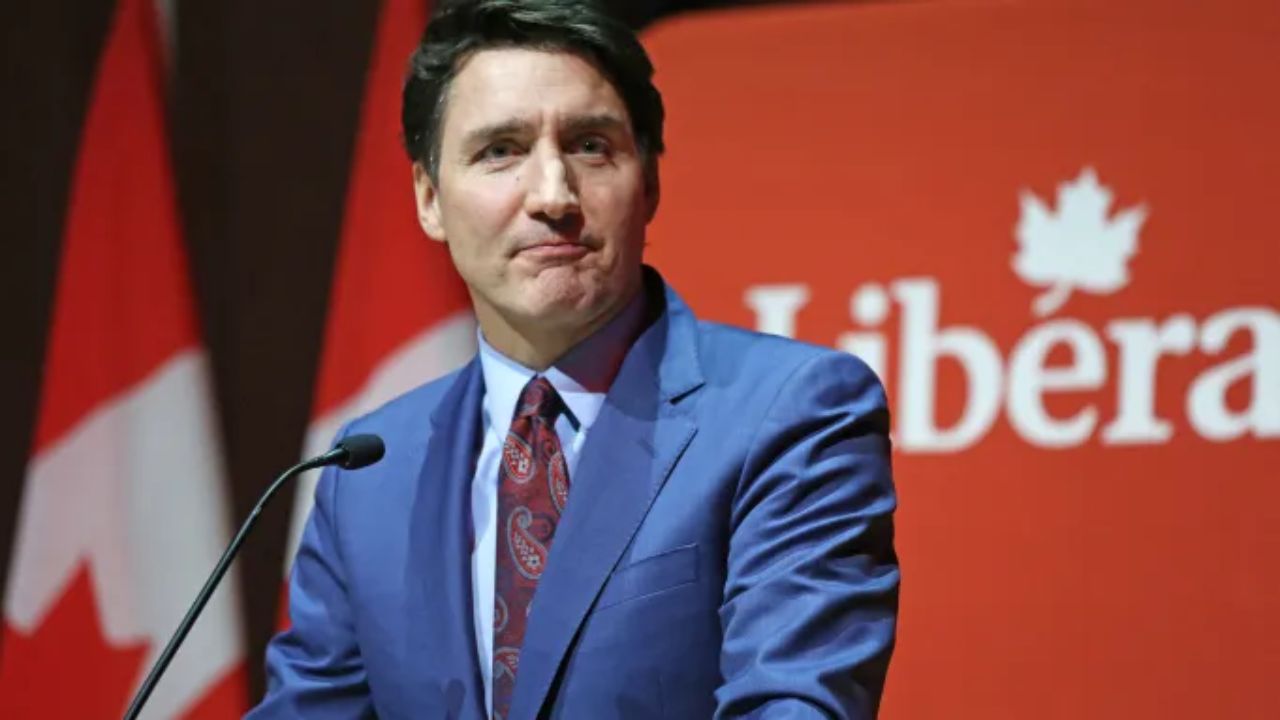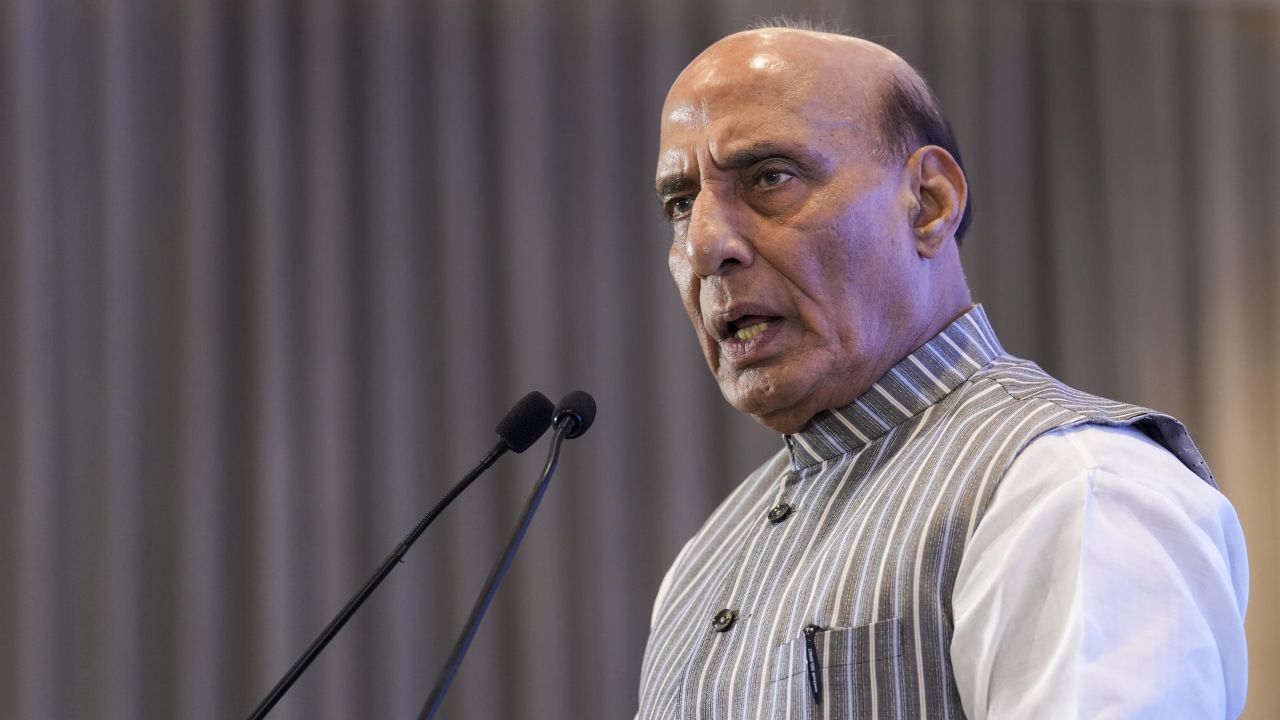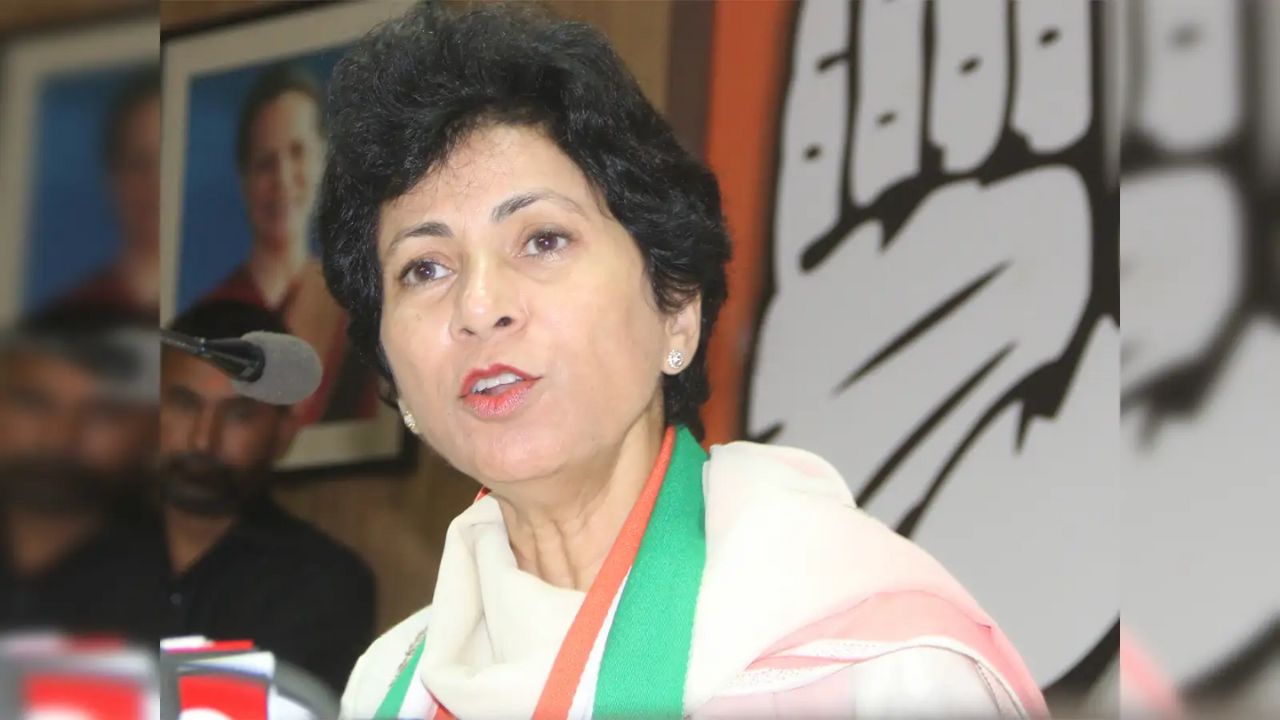Canada is expected to have a new leader to succeed Justin Trudeau by the first week of March, with the leadership race in full swing.
Toronto: Canada's leadership transition could see a successor to Prime Minister Justin Trudeau by the first week of March, providing the incoming leader with ample time to prepare before Parliament reconvenes later in the month.

Toronto: Canada’s leadership transition could see a successor to Prime Minister Justin Trudeau by the first week of March, providing the incoming leader with ample time to prepare before Parliament reconvenes later in the month. The timeline for the Liberal Party’s leadership race is expected to be unveiled in the coming days. Party president Sachit Mehra, an Indo-Canadian, attended a national caucus meeting in Ottawa on Wednesday to discuss the race.
Parliamentary Secretary and MP Rob Oliphant expressed optimism that the leadership race winner would be chosen by March 2, a Sunday, giving the new leader sufficient time to address challenges in the House of Commons.
The party is also under pressure from MPs to amend the current rules governing voter eligibility for the leadership race. At present, anyone residing in Canada and over the age of 14 who becomes a party member is eligible to vote. However, amid concerns about foreign interference, some MPs and media outlets are calling for a revision to limit eligibility to Canadian citizens and permanent residents. British Columbia MP Taleeb Noormohamed has expressed that view on behalf of the province’s caucus.
Candidates are expected to announce their intentions to run once the details of the race are finalized. However, Finance Minister Dominic LeBlanc, one of the frontrunners, confirmed on Wednesday that he will not participate in the contest. LeBlanc, who also oversees Intergovernmental Affairs, explained that he will remain focused on addressing the economic threat posed by U.S. tariffs, describing it as a full-time responsibility.
LeBlanc’s appointment as Finance Minister came after Chrystia Freeland’s surprise resignation on December 16, a pivotal moment in the current crisis. If Freeland chooses to run, she could emerge as a key contender for the leadership.
Foreign Minister Melanie Joly also mentioned that her decision to run may be influenced by her role in managing relations with the incoming U.S. Administration under President-elect Donald Trump.
Trudeau’s announcement of his intent to step down as Prime Minister and party leader, along with the prorogation of Parliament until March 24, has sparked controversy. Two civil liberties groups are challenging the prorogation, with Democracy Watch planning a court challenge, asserting that it serves the Liberal Party’s self-interest and coincides with opposition parties’ intentions to vote non-confidence in the government. The Justice Centre for Constitutional Freedoms is backing two individuals who seek a Federal Court ruling to reverse the prorogation as “unreasonable.”
Even if the legal challenges fail, the new leader will face a very brief tenure, needing to present the government’s agenda through the Throne Speech, which will be subject to a vote. A failure to secure approval for the Throne Speech would result in the government’s collapse, and it is unlikely that any of the main opposition parties, including the Conservatives, will support the incumbent government in the House of Commons.





